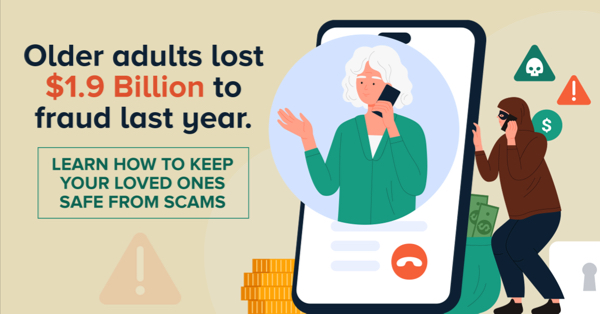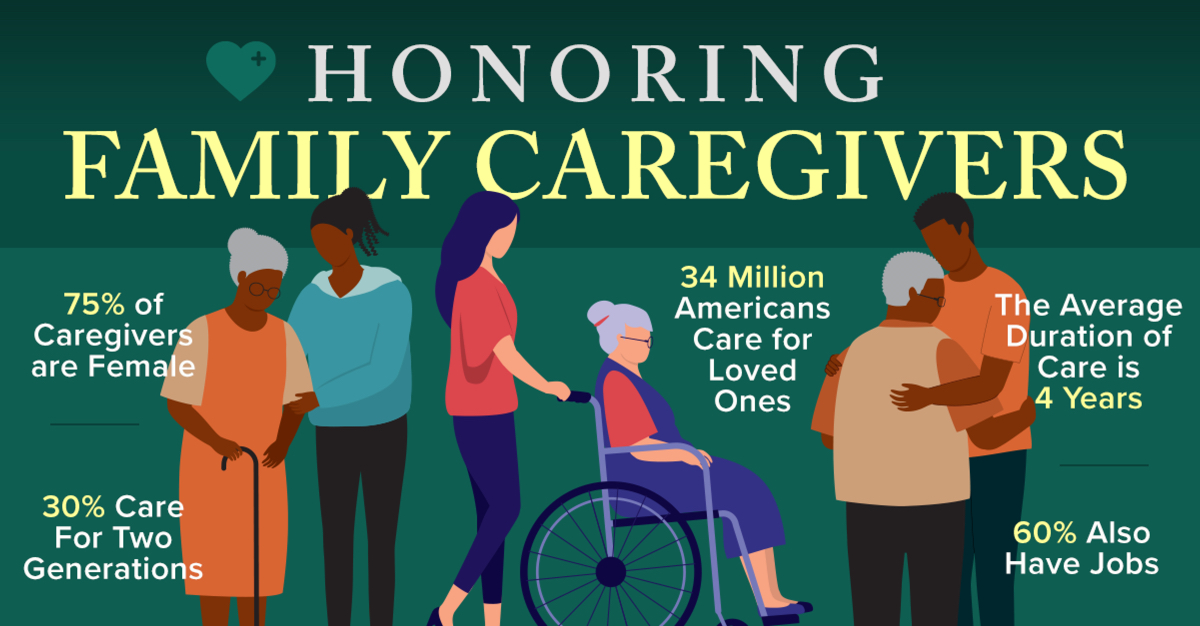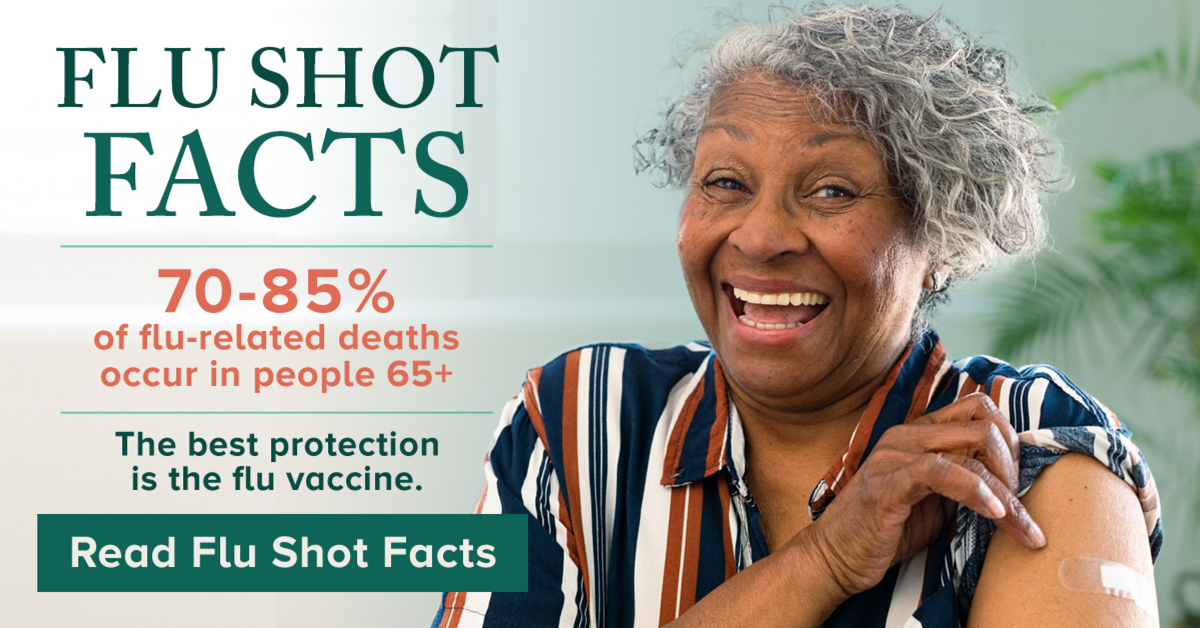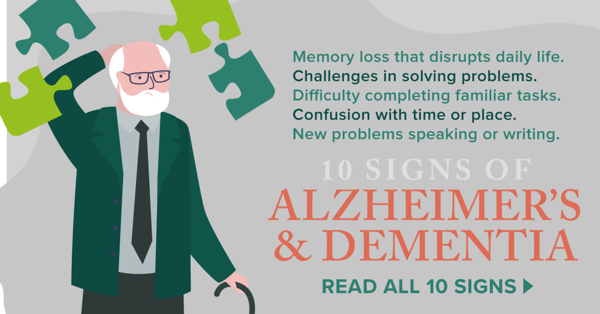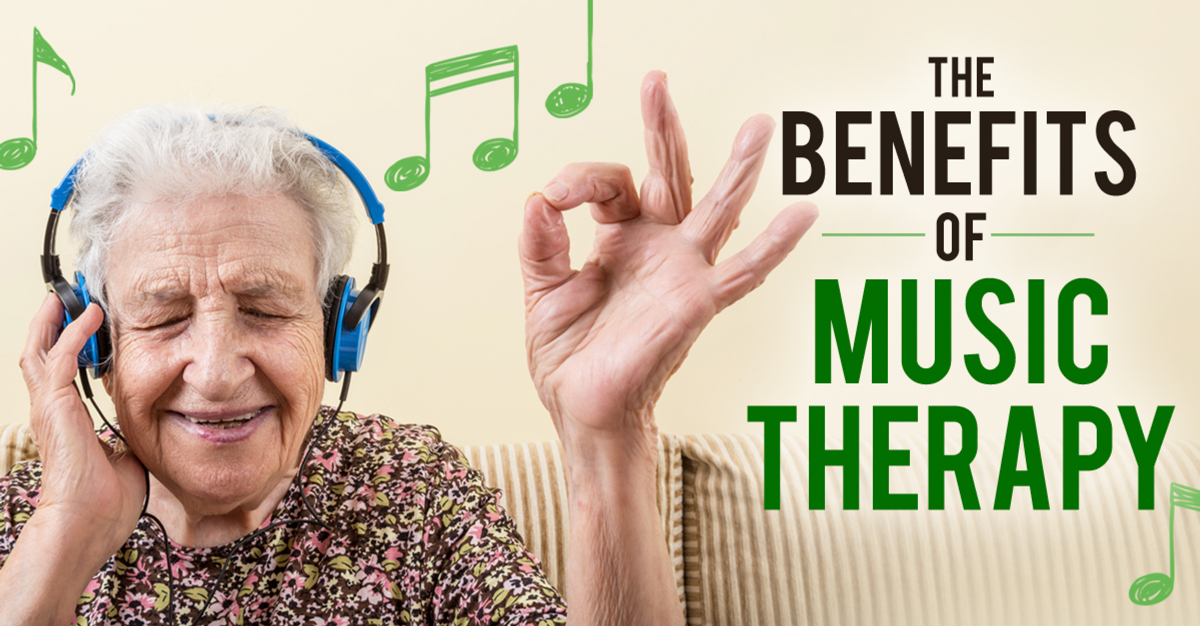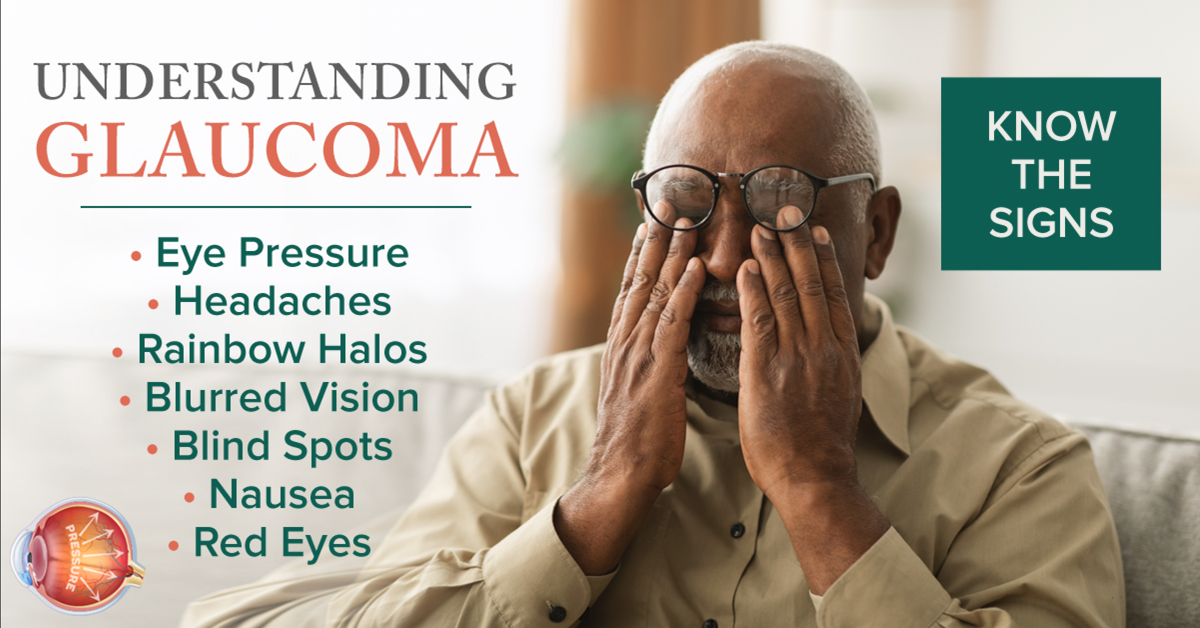Your mom is generally healthy but has started showing signs of frailty—losing weight, feeling weak, and sometimes struggling with balance. It’s concerning, but the good news is that frailty isn’t inevitable. In fact, new research suggests that exercise and lifestyle changes can help seniors regain strength, reduce fall risk, and maintain independence.
So, what steps can you take to support your aging loved one? Let’s explore how exercise can play a key role in reversing frailty in seniors.
The Role of Exercise in Combating Frailty
Recent research published in Age and Aging, highlights that frailty in seniors can be reduced—and even reversed—with a combination of strength training and proper nutrition. The study followed individuals aged 65 and older and found that those who engaged in regular physical activity saw improvements in mobility, muscle mass, and overall resilience. Continue reading Can Exercise Reverse Frailty in Seniors? Science-Backed Ways to Build Strength




